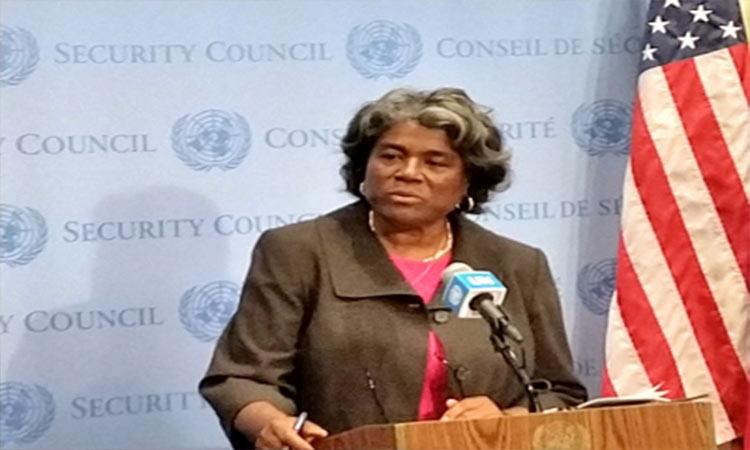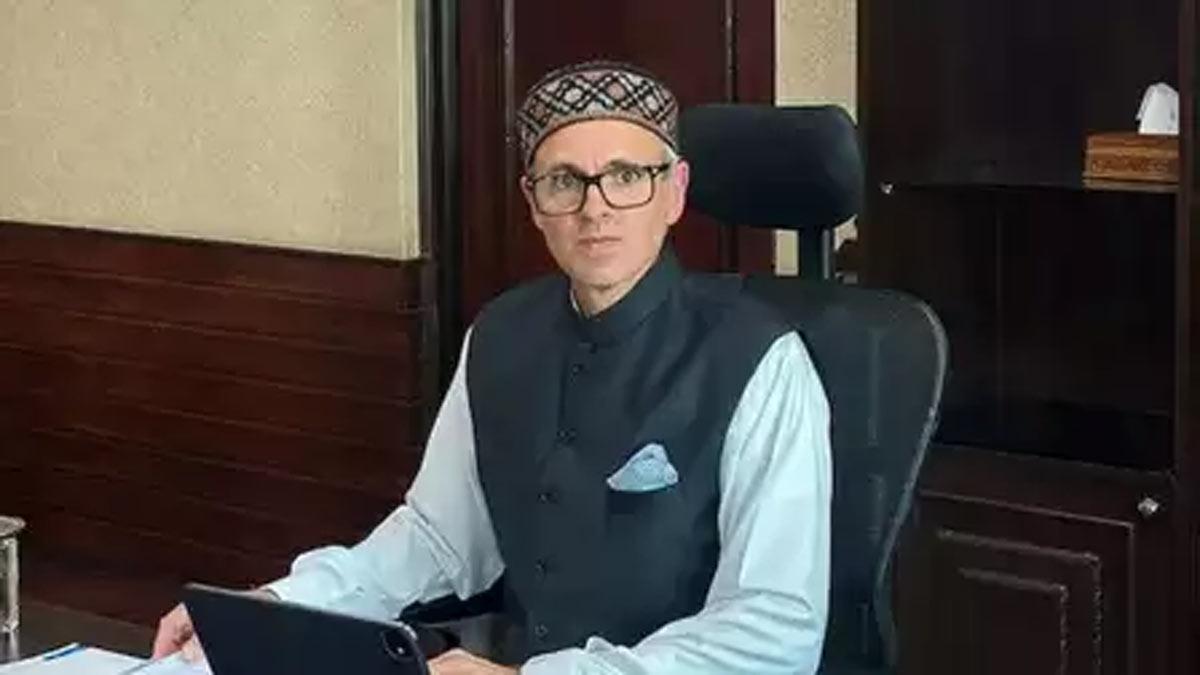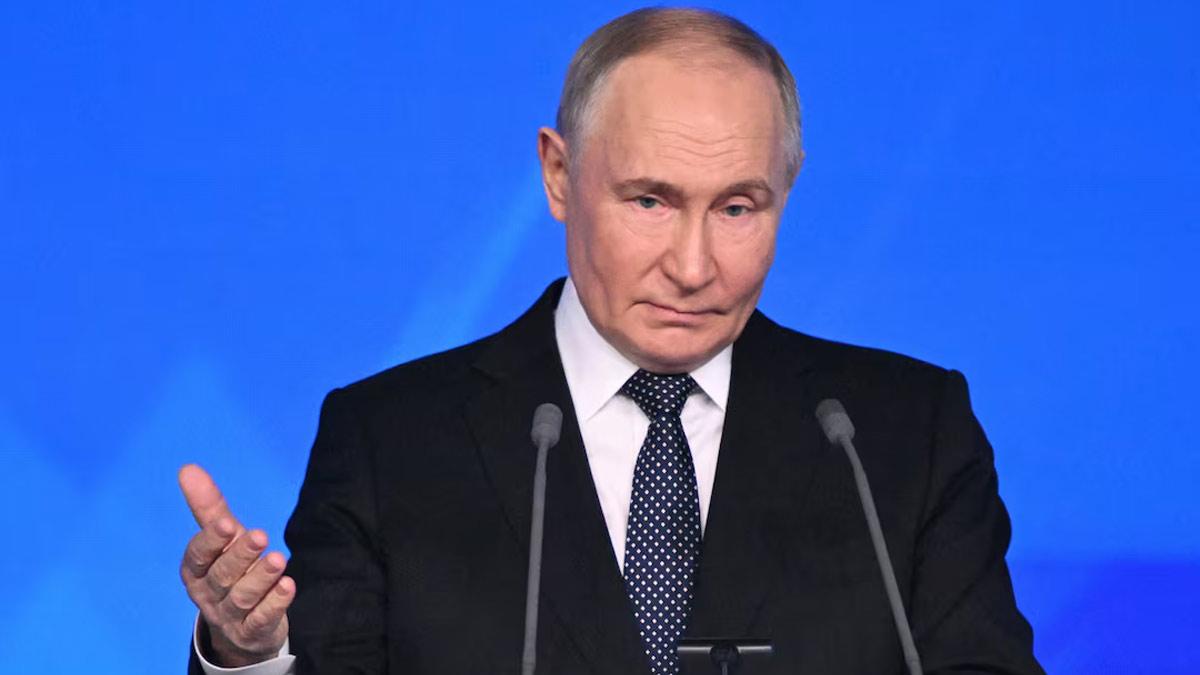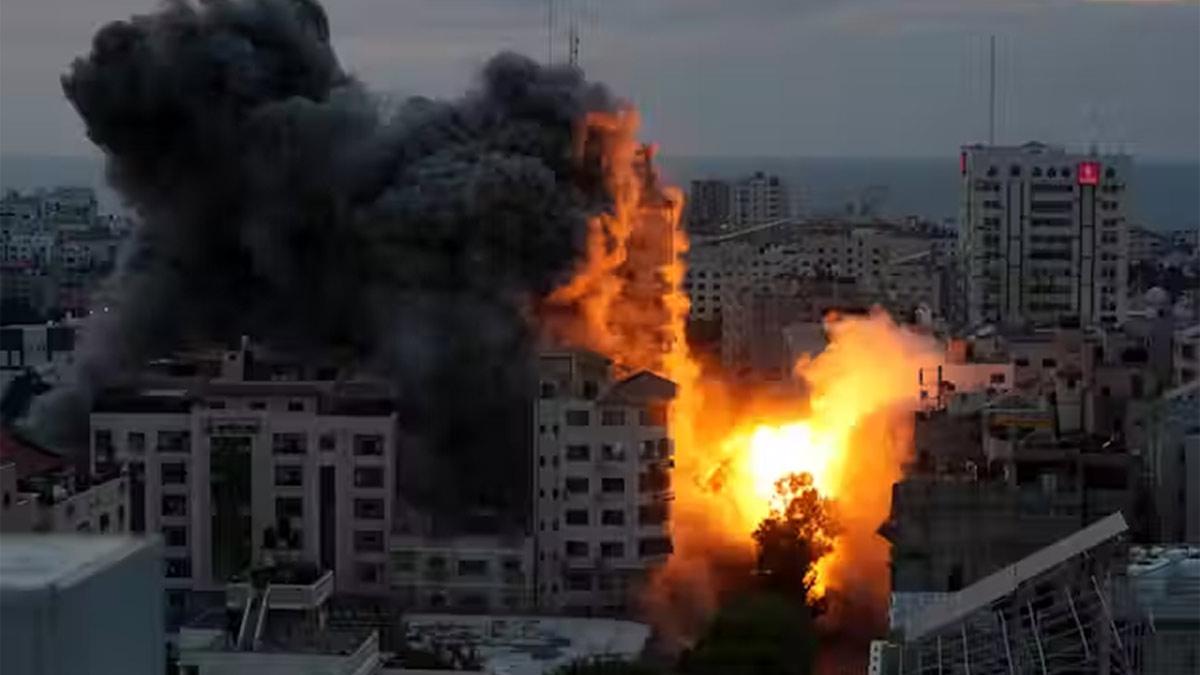The US called on the UN Security Council (UNSC) to hold North Korea accountable for its recent "provocative actions" that included the launch of an intercontinental ballistic missile.
US Ambassador to the UN Linda Thomas-Greenfield on Friday also stressed the importance of fully implementing the existing UNSC sanctions on the "recalcitrant" country, Yonhap news agency reported.
"Over the last week and a half the DPRK has exacerbated an extremely worrisome trend that we've seen all year; an increasing number of (missile) launches in flagrant violation of the Security Council Resolution, destabilising and threatening rhetoric and continue escalation," the US diplomat said at an emergency meeting of the Security Council held in New York.
"The United States condemns, in the strongest possible terms, all 13 recent DPRK ballistic missile launches since October 27, but the DPRK's latest test of an intercontinental ballistic missile, the seventh ICBM this year, is particularly concerning," she added.
DPRK stands for the Democratic People's Republic of Korea, North Korea's official name.
Friday's UNSC meeting marked the ninth of its kind held this year to specifically discuss possible measures to hold North Korea responsible or stop its continued provocations.
Also Read | WATCH | Four people plotted to kill me: Imran Khan
The previous eight meetings, however, ended in naught, primarily due to opposition from Russia and China, both veto power-wielding permanent members of the Security Council and close neighbors of North Korea.
Thomas-Greenfield argued Beijing and Moscow have made a mockery of the Security Council by bending over backward to justify Pyongyang's repeated violations of UNSC resolutions that they had helped to put in place.
"I want to remind this council of our responsibility to protect global peace and security, defend a global nonproliferation regime and uphold the Security Council resolutions," she said.
"You don't get to abandon the Security Council responsibilities because the DPRK might sell you weapons to fuel your war of aggression in Ukraine or because you think they make a good regional butter to the United States," added the US ambassador.
The US earlier released intelligence information that Pyongyang is trying to "covertly" send a significant number of artillery shells to Russia for use in Ukraine.
Thomas-Greenfield said that the North has now launched 59 ballistic missiles in total this year.
"For a UN member state to so flagrantly violate the Security Council resolutions and all that the UN Charter stands for is appalling," she said, referring to North Korea's missile launches. "Equally appalling is the council's deafening silence on this issue."
China and Russia refused to budge, instead accusing the US and South Korea of provoking North Korea's recent missile launches.
"The current events and root causes that have led to the current situation on the peninsula are clear to all. The DPRK's recent launches activities did not happen in isolation and they are directly linked to the words and deeds of relevant parties," China's envoy to the UN Zhang Jun said in the council meeting through an interpreter.
"The US and relevant country, after a five year hiatus, have re-launched their large scale joint military exercises with hundreds of warplanes involved," the Chinese ambassador said, referring to joint military exercises of South Korea and the US.
Russia's envoy to the UN joined in accusing the US of instigating North Korea's recent missile launches.
"We note with regret that recently the situation on the Korean Peninsula has significantly worsened," said Anna Evstigneeva, deputy permanent representative of Russia to the UN
Also Read | Imran Khan is the new Benazir Bhutto
"The reason for this is clear; the desire of Washington to force Pyongyang to unilaterally disarm by using sanctions and exerting pressure and force," she added, speaking through an interpreter.
US able to respond quickly to N. Korean nuclear test: Pentagon
The US will respond quickly to a future nuclear test by North Korea if necessary, a Pentagon spokesperson has said.
Sabrina Singh, deputy spokesperson for the defence department, made the remark as she highlighted the possibility of a North Korean nuclear test in the near future, Yonhap news agency reported.
"We are in very close touch with our allies and partners in the region, and should there be such a test, we would be able to respond quickly if needed," Singh said when asked about the possibility of a North Korean nuclear test.
Seoul and Washington earlier said the North may have completed all preparations for what will be its seventh nuclear test.
"So we remain concerned about the prospects of any nuclear test. We know that the North Koreans have made preparations for such a test," the Pentagon spokesperson said in a daily press briefing.
"And this assessment, you know, remains consistent with what we have said from the beginning, but we certainly would remain concerned and which is why and you heard the secretary and his ROK counterparts speak to this yesterday," she added, referring to South Korea by its official name, the Republic of Korea.
Defence Secretary Lloyd Austin noted in his meeting with South Korean Defense Minister Lee Jong-sup on Thursday that any nuclear attack by Pyongyang against the US or its allies will result in the "end" of the North Korean regime.
Austin also agreed to employ US strategic assets in and around the Korean Peninsula to a level "equivalent to the constant deployment" of such assets to help deter or counter North Korean provocations.
Singh declined to comment when asked how the US planned to boost the presence of its strategic assets in the region, but highlighted the importance of joint military drills.
"I don't have anything to announce today on any new deployment of strategic assets, but I think Vigilant Storm, the exercise that's ongoing now, speaks for itself," she said, referring to the joint military exercise of South Korea and the US.
"These exercises increase confidence in our joint operations, and again this is not the last exercise. We will continue to do exercises with South Korea or Japan when opportunities present itself," she added.
John Kirby, spokesman for the White House National Security Council, also underscored the importance of defense readiness and capabilities amid heightened tension on the Korean Peninsula following a series of North Korean provocations.
"Obviously, we remain deeply concerned about the provocations that the Pyongyang regime continues to demonstrate here and it seems like almost on a daily basis. It's all leading to just more insecurity and instability on the peninsula and in the region," he said in a virtual press briefing.
Pyongyang has fired more than 50 ballistic missiles this year, including more than a dozen since late September.
Kirby reiterated that the US remains committed to engaging with North Korea, but said the Kim Jong-un regime continues to remain unresponsive.
"We'd love to be able to solve this issue diplomatically, but short of that and since we have no signs that the Kim regime is interested in that, we've got to make sure we've got the appropriate military capabilities ready to go if needed," he said.


















